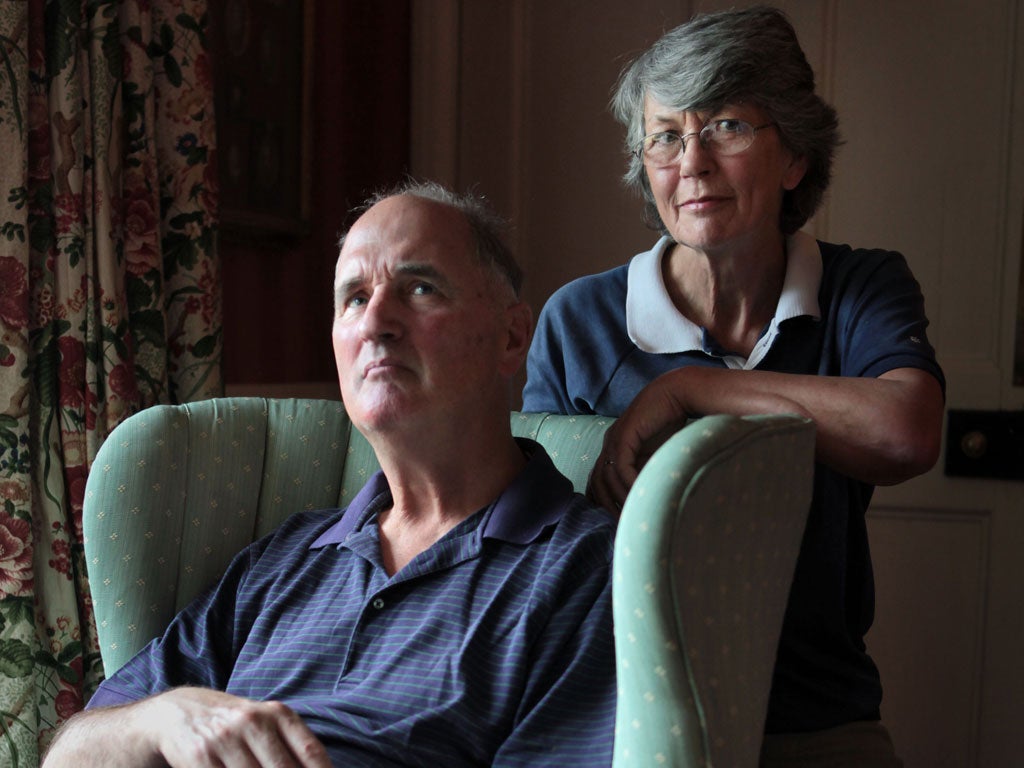Number of full-time unpaid carers hits 1m in England and Wales
ONS figures show 'growing army' caring for loved ones for free

Your support helps us to tell the story
From reproductive rights to climate change to Big Tech, The Independent is on the ground when the story is developing. Whether it's investigating the financials of Elon Musk's pro-Trump PAC or producing our latest documentary, 'The A Word', which shines a light on the American women fighting for reproductive rights, we know how important it is to parse out the facts from the messaging.
At such a critical moment in US history, we need reporters on the ground. Your donation allows us to keep sending journalists to speak to both sides of the story.
The Independent is trusted by Americans across the entire political spectrum. And unlike many other quality news outlets, we choose not to lock Americans out of our reporting and analysis with paywalls. We believe quality journalism should be available to everyone, paid for by those who can afford it.
Your support makes all the difference.A “growing army” of more than one million people spend more than 50 hours a week providing free care for family or loved ones.
The figures released by the Office for National Statistics led to calls from unions and care groups for greater help for, and recognition of, carers, who are mainly women looking after elderly people.
The ONS said that 5.8 million people in England and Wales – one in ten – are providing unpaid care, a rise of 600,000 since 2001 and believed to be worth around £340 billion a year.
Of those around 3.7 million people provide free care for between one and 19 hours a week, 775,000 giving between 20 and 49 hours a week, and 1.4 million caring for more than 50 hours.
Frances O’Grady, the general secretary of the TUC, said most of “Britain’s growing army of unpaid carers” are women.
"But unpaid care is still not given the recognition it deserves from either Government or employers,” she said.
"Far too many women are forced to trade down or even quit jobs when they take on caring responsibilities. Not enough employers truly embrace flexible working, despite the benefits it holds for staff and the business.”
Helena Herklots, chief executive of Carers UK added that the government needed to invest more in care for the elderly.
“We need Government investment in all services, from childcare to elderly care,” she said. “Without this extra funding we will continue to see women drop out of the labour market to fill the gaps in care provision."
She added: "Too often the costs and pressures of caring for older or disabled loved ones can force families to give up work to care and lead to debt, poor health and isolation.
"Society needs to come to terms with this demographic shift. As caring for older or disabled loved ones becomes a fact of life for more and more families, services, communities and workplaces need to adapt to enable carers to care healthily, live their own lives and work alongside caring."
Join our commenting forum
Join thought-provoking conversations, follow other Independent readers and see their replies
Comments